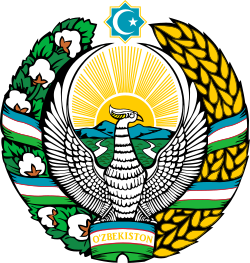Conferences

|
The Alisher Nava'i Tashkent State University of Uzbek Language and Literature (TSUULL) has established itself as a vibrant hub for intellectual exchange through its diverse range of conferences. These gatherings focus on a multitude of topics related to the Uzbek language, literature, cultural heritage, linguistics, and related social sciences, fostering academic and cultural engagement among scholars from Uzbekistan and beyond. TSUULL's conferences play a crucial role in promoting research, enabling discussions that contribute to the evolution of Uzbek linguistics, and supporting initiatives that align with contemporary issues and technological advancements. |
Another significant theme in TSUULL’s conference series revolves around Uzbek literature, particularly the works of Alisher Nava'i, whose influence remains central to the university’s mission. Literary conferences provide a venue to examine Nava'i’s legacy, compare it to global literary trends, and encourage new literary criticism that brings fresh interpretations to Uzbek classics. TSUULL’s focus on literature also includes contemporary Uzbek writers, ensuring that discussions remain relevant to current cultural narratives. The university often invites notable authors, poets, and literary critics to speak, enhancing students' understanding and appreciation of Uzbek literary traditions. |







